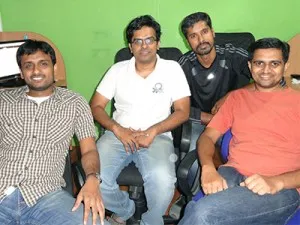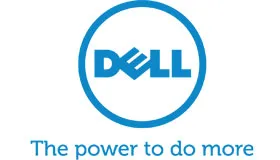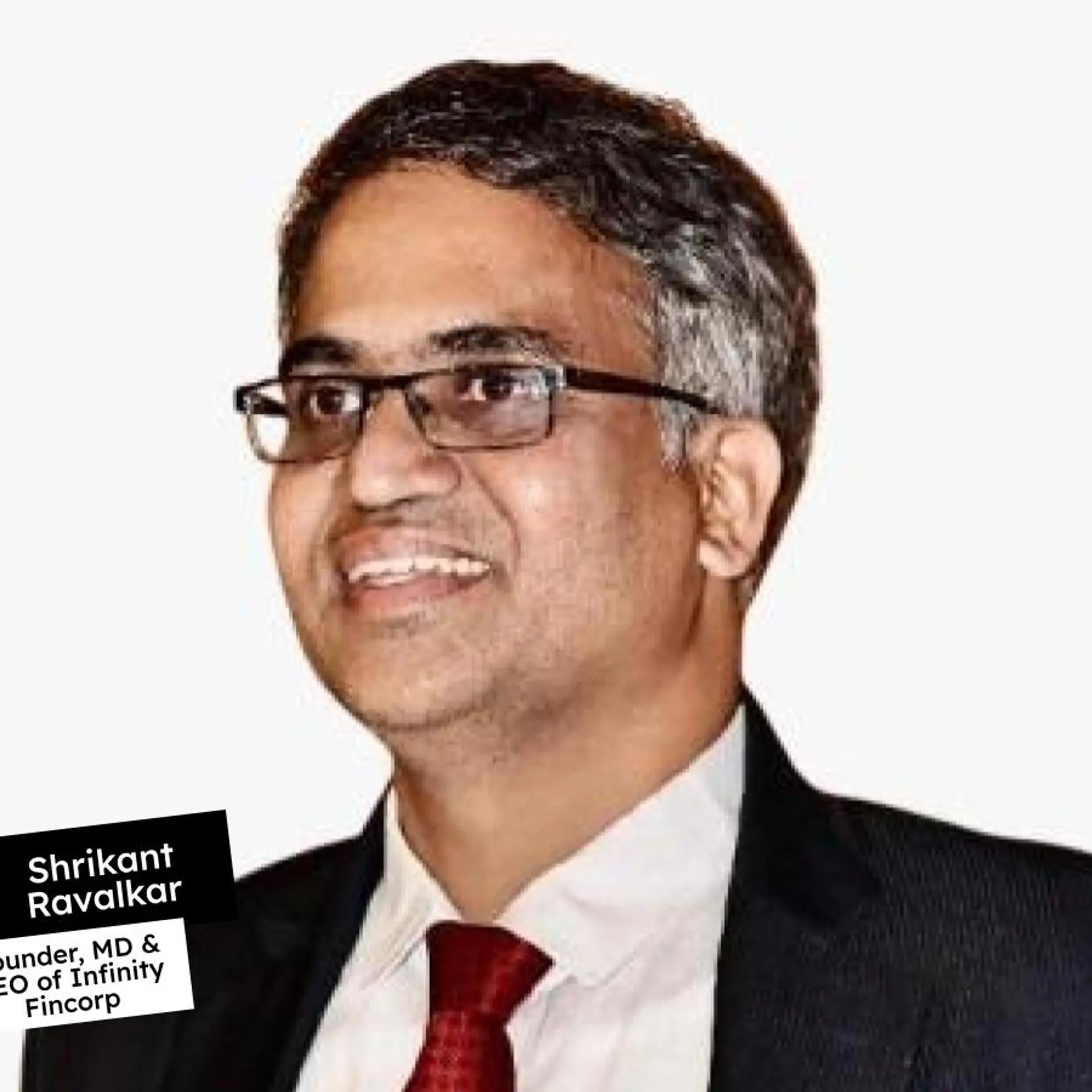Taking the plunge to build a global product from India- Krish Subramanian, Co-founder, ChargeBee
Dell Innovators series showcasing successful entrepreneurial journeys
Chennai based subscription billing startup Chargebee has been quietly going about it’s business of acquiring clients ever since they raised a 350K angel round late last year. Adding Indian and international clients on an almost daily basis, founder Krish Subramanian has been through his fair share of ups and downs in his journey so far. Chargebee is also a Tech30 company. So almost half a year after raising their first round of funding, we caught up with Krish to know more about the Chargebee growth story.

1. Tell us about yourself and ChargeBee.ChargeBee makes it easy for online businesses to manage recurring payments and invoicing. This is particularly helpful to provide frictionless subscription management that is non-negotiable in SaaS. Krish has worked with enterprise-level customers in the software and services industry for more than 10 years. Saravanan (KPS), Rajaraman and Thiyagarajan are former Zoho employees with more than 12 years of experience in Product Management.
2. How did you get the idea and how did it shape to starting up?
We understand SaaS very well and our core team has experience building several applications at Zoho. We felt that increased adoption of cloud opened up opportunities for newer & better way to manage a lot of existing functions including customer life cycle management & billing that requires a revamp.
3. Did you stick with the same business idea or has it evolved with time?
It is the same idea but our market understanding and focus has evolved over the course of past 2 years.
4. What was the reason for choosing solutions provided by Dell and how did it benefit?

Most important reason was the next day in-office service guarantee provided by Dell. Of course, we get to choose the OS and we prefer Ubuntu for our development and Windows for non-development needs in our team. The standard configuration is very good and we use Dell Vostro.
5. What are some of the challenges you faced starting up?
Understanding nature of product and having right type of sales / support in place was and is a challenge.
The very advantage of having a global startup also comes with its disadvantages. Because of the nature of product the sales & customer enquiries are hardly different. Most customers require consultative sales and it helps to provide ways to channelize enquiries. Some geographies or type of customers need a phone number vs. another set of customers who are comfortable with purchasing online via online signup. Managing this with a lean team was a challenge.
6. What metrics do you track for customer acquisition - paying customers or number of total customers?
Our long term success is defined by how successful our customers are - just by pure nature of our pricing model. We track number of transactions by our customers (businesses) and ways to manage frictionless billing for their end users. This is one metric as a business to track growth of our paying customers and eventually our revenue.
We go by number of paying customers (though we have a freemium model in place). Because it is a billing solution, customers choose the partner carefully and once integrated they tend to stay longer.
7. How did you acquire customers globally? How has it been different from Indian customers?
We use inbound marketing as our primary channel for lead generation. We have been blogging on topics very relevant to our customers and that has worked very well for us to generate the leads and build our online presence and visibility. In the context of recurring as a solution in India, we cater only to SaaS businesses in India that are selling globally. This is mainly due to regulation challenges in the industry.
8. How has taking up your own path (what you wanted to do) been?
Exciting to say the least. Having great folks as co-founders has been a great help to complement each other in this emotional roller coaster. And now we have a fantastic team of early employees who believe in the idea & team and are part of the journey that makes it more exciting for us as a group.
9. What is the one piece of advice you would give to young people considering starting up?
Startup. Just startup or join a startup early in life, right out of college. Nothing beats the experience of knowing that you as an individual can make a huge difference to the outcome in a product / company than working in a startup. And for those on the fence & are thinking that a startup job is risky, I would say, spending time in a corporate job is much riskier. Quit & startup; or just be part of a startup.







